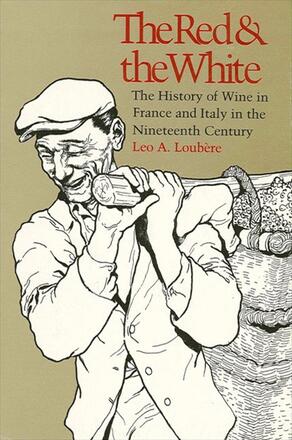
The Red and the White
The History of Wine in France and Italy in the Nineteenth Century
Alternative formats available from:
Description
The delight of Bacchus, wine has ever been man's solace and joy. Growing out of the poorest soil, the wild grape was tamed and blended over millennia to produce a royal beverage. But the nineteenth century brought a near revolution in the production of wine, and democracy in its consumption; technology made wine an industry, while improved living standards put it on the people's dinner table. The vintners of France and Italy frantically bought land and planted grapes in their attempt to profit from the golden age of wine. But the very technology which made possible swift transportation, with all its benefits to winemen, brought utter devastation from America—the phylloxera aphids—and only when France and Italy had replanted their entire vineyards on American stock did they again supply the thirsty cities and discriminating elite.
In an exhaustive examination Professor Loubère follows the wine production process from practices recommended long ago by the Greeks and Romans through the technical changes that occurred in the nineteenth century. He shows how technology interacted with economic, social, and political phenomena to produce a new viticultural world, but one distinct in different regions. Winemen espoused a wide range of politics and economics depending on where they lived, the grapes they grew, and the markets they sought. While a place remained for carefully hand-raised wine, the industry had, by the end of the century, turned to mass production, though it was capable of great quality control and consistency from year to year.
The author uses a wide range of sources, including archives and contemporary accounts. The volume contains extensive figures, tables, graphs, and maps.
Leo A. Loubère is professor of modern European history at the State University of New York at Buffalo. He is the author of Louis Blanc (1961), Utopian Socialism: Its History since 1800 (1974), and Radicalism in Mediterranean France (1974). He has travelled extensively and conducted research in wine regions and is himself an amateur winemaker.